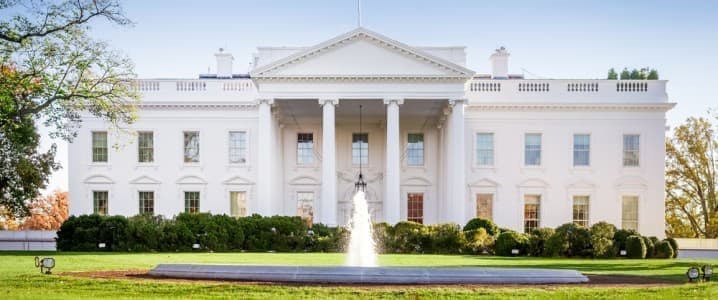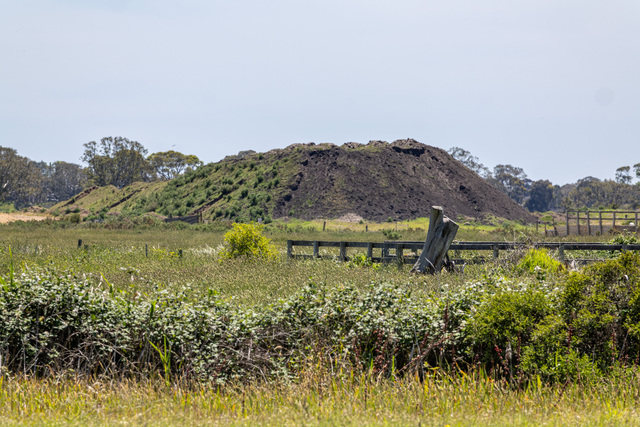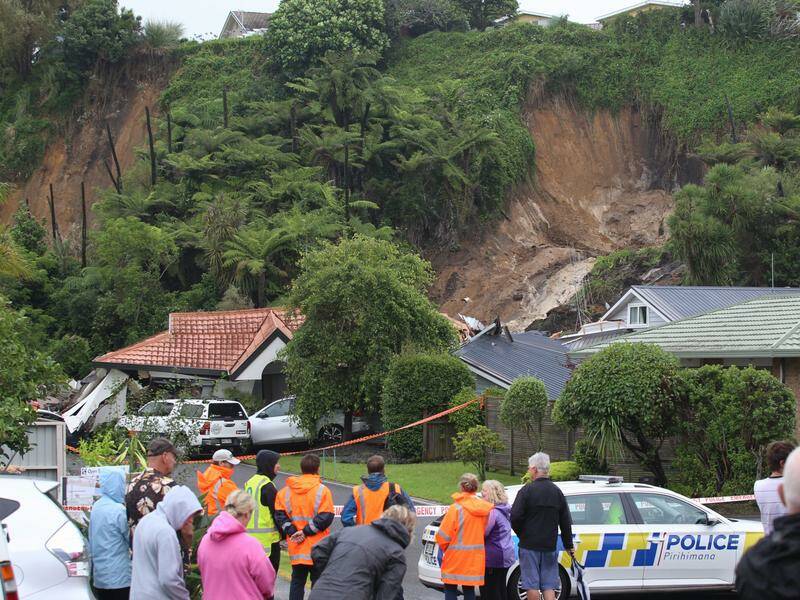
US President Donald Trump has called on European leaders to intensify economic pressure on both Russia and its ally China in a bid to bring an end to the ongoing conflict in Ukraine. During a phone call on September 4, 2023, with key European supporters following a meeting in Paris, Trump emphasized the need for Europe to stop importing Russian oil that funds the war effort.
According to a White House official, Trump pointed out that the European Union had sent approximately €1.1 billion (around $1.8 billion) to Russia through fuel sales in the past year. He urged leaders to take decisive action to cut these financial ties. The official indicated that Trump also advocated for imposing economic sanctions on China, which has been accused of supporting Russia’s military activities.
During the call, Trump did not directly address the outcomes of the Paris gathering, yet he expressed his willingness to engage with Russian President Vladimir Putin in the future. Trump stated, “Yes, I will,” when asked about the possibility of a conversation with Putin.
Since Russia’s invasion of Ukraine in February 2022, European nations have been working to reduce their dependence on Russian energy. The European Commission has proposed legislation aimed at phasing out imports of Russian oil and gas by January 1, 2028. Despite these efforts, countries like Hungary and Slovakia, led by nationalist leaders with ties to the Kremlin, continue to import energy products from Russia.
In the aftermath of the Paris meeting, French President Emmanuel Macron, who co-leads the “Coalition of the Willing” with British Prime Minister Keir Starmer, announced that 26 nations have committed to providing post-war security guarantees for Ukraine. Macron noted that the United States’ support for this initiative would be finalized soon.
The coalition, which comprises approximately 30 countries, including Canada, Australia, and Japan, has been exploring ways to support Ukraine following a potential peace agreement with Russia. Macron mentioned that troops from the coalition would be deployed as a reassurance force in Ukraine, but they would not be stationed on the front lines.
As discussions progressed, Russian officials reiterated their opposition to the presence of foreign troops in Ukraine. Kremlin spokesman Dmitry Peskov firmly rejected the idea, stating, “Can Ukraine’s security guarantees be ensured and provided by foreign… military contingents? Definitely not.” He emphasized that Russia is prepared to resolve all tasks through military means if a satisfactory peace agreement cannot be reached.
Trump has prioritized ending Russia’s war in Ukraine but has simultaneously called for European nations to shoulder more of the financial burden associated with supporting Ukraine. His frustration has grown over Putin’s continued refusal to accept a cease-fire or engage in meaningful discussions with Ukrainian President Volodymyr Zelenskyy.
During a joint news conference with Macron, Zelenskyy stressed the importance of US involvement in future security guarantees. “It is important that the United States is with us. Many thanks for [Trump’s] involvement,” he stated. Both leaders expressed disappointment over Putin’s unwillingness to meet with Zelenskyy, who has been labeled illegitimate by the Russian president.
Macron stated that if Russia continues to reject peace talks, additional sanctions could be imposed in coordination with the United States. “This is also what President Trump expressed earlier during this call,” he added.
On the ground, the conflict continues to escalate. Reports indicate that Russian drones killed at least three individuals and injured several others in the Kharkiv region on the evening of September 4. Regional Governor Oleh Synyehubov confirmed the fatalities, noting that two of the deceased were working on a road construction crew when they were targeted.
As the situation develops, the international community remains focused on the complex dynamics of the conflict and the ongoing negotiations surrounding Ukraine’s future security.







